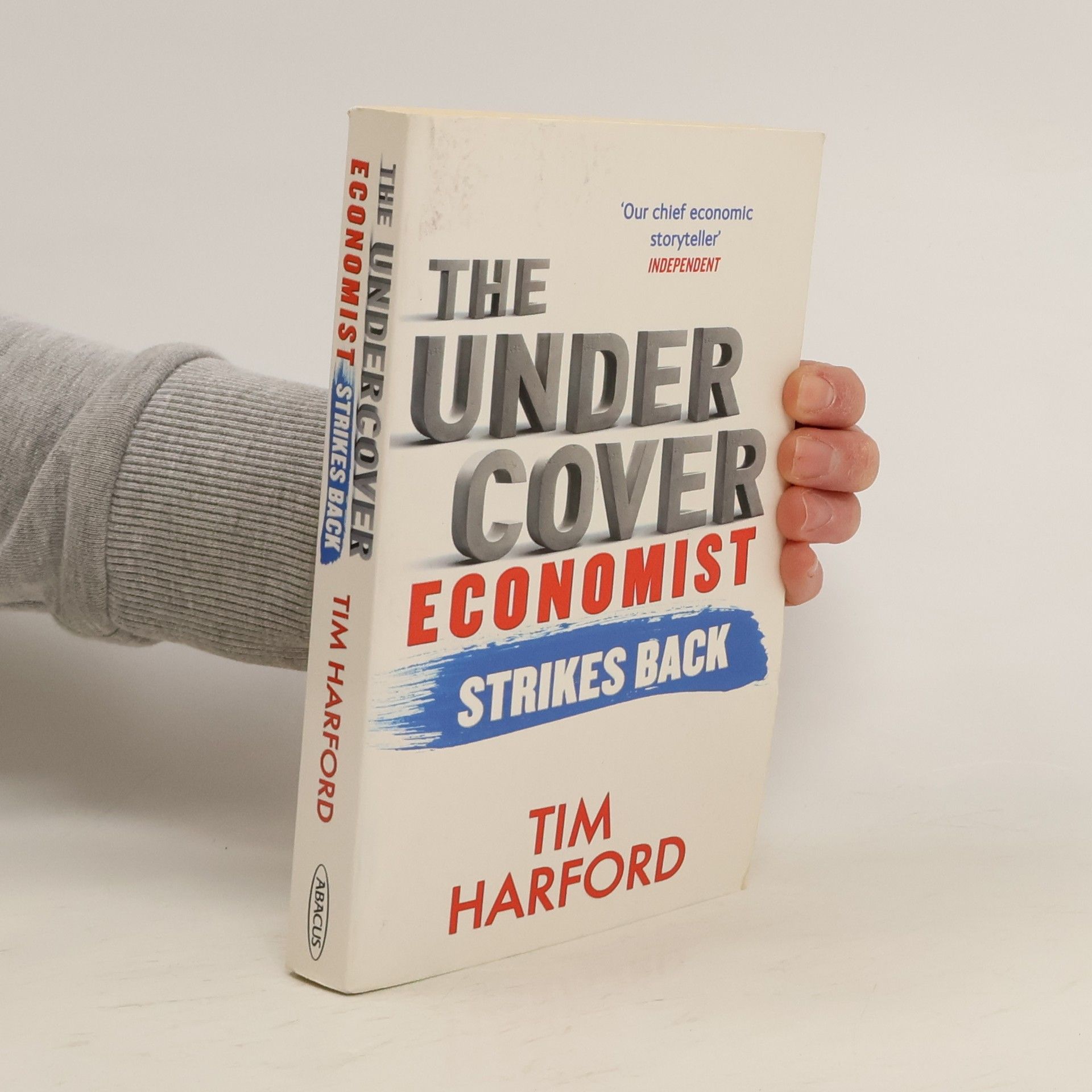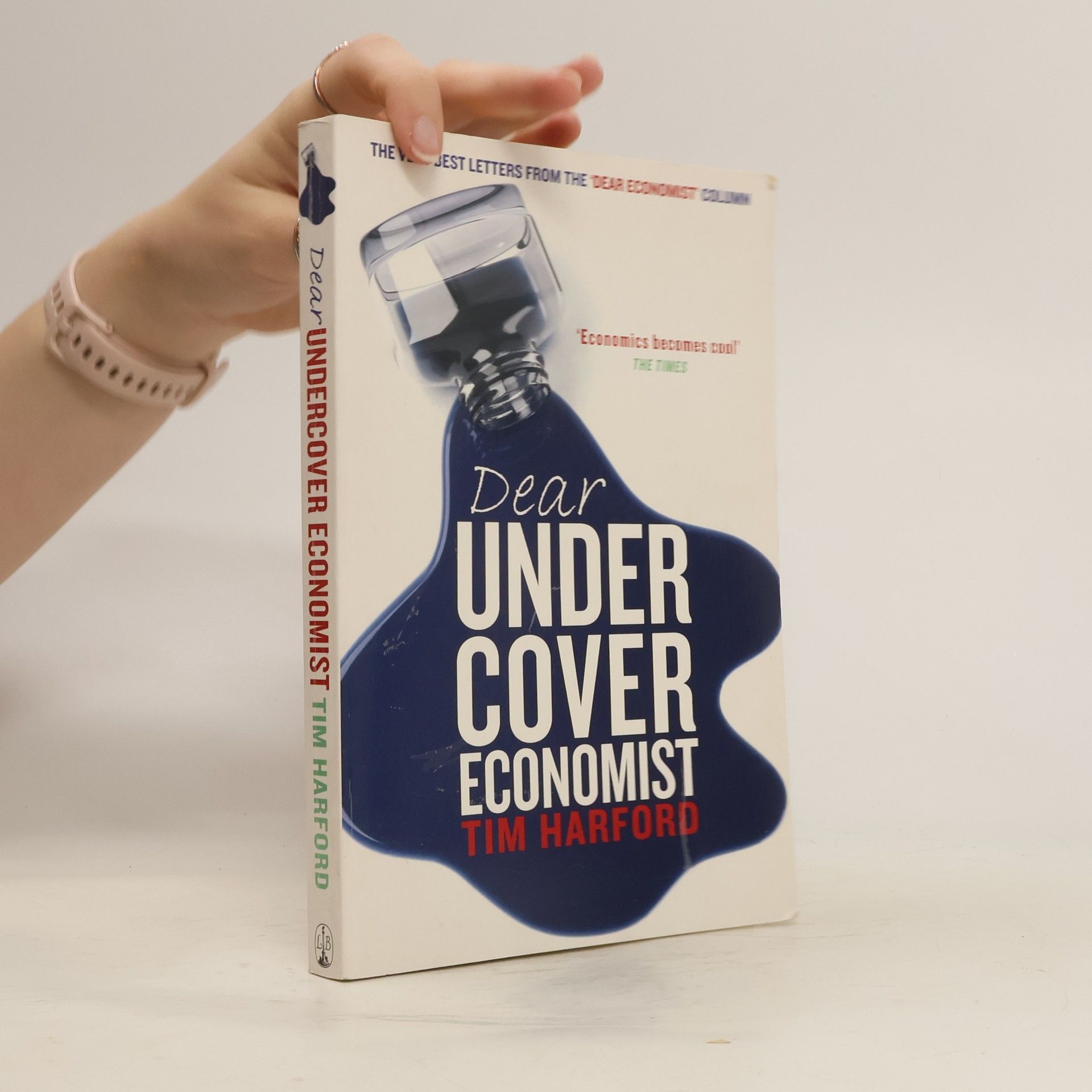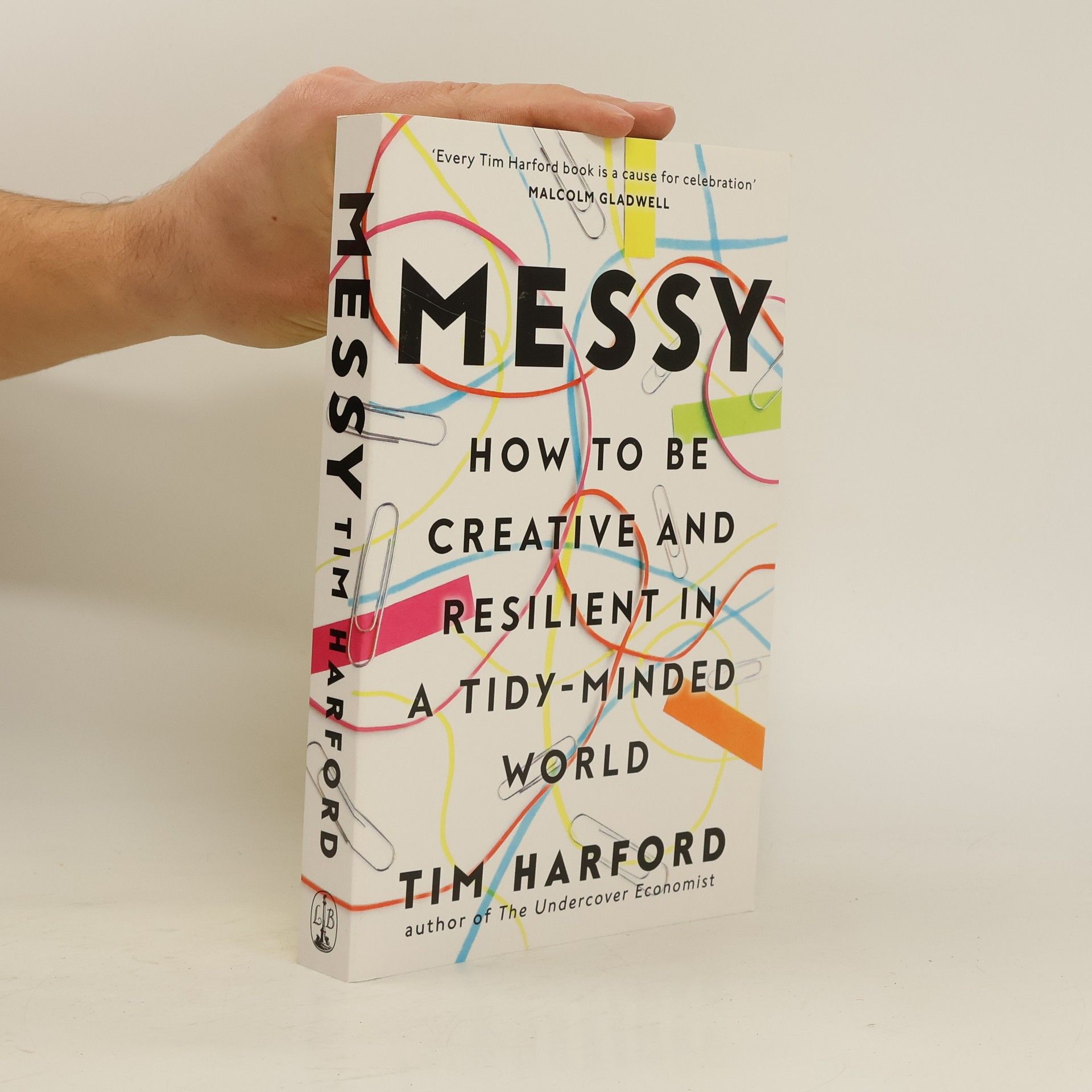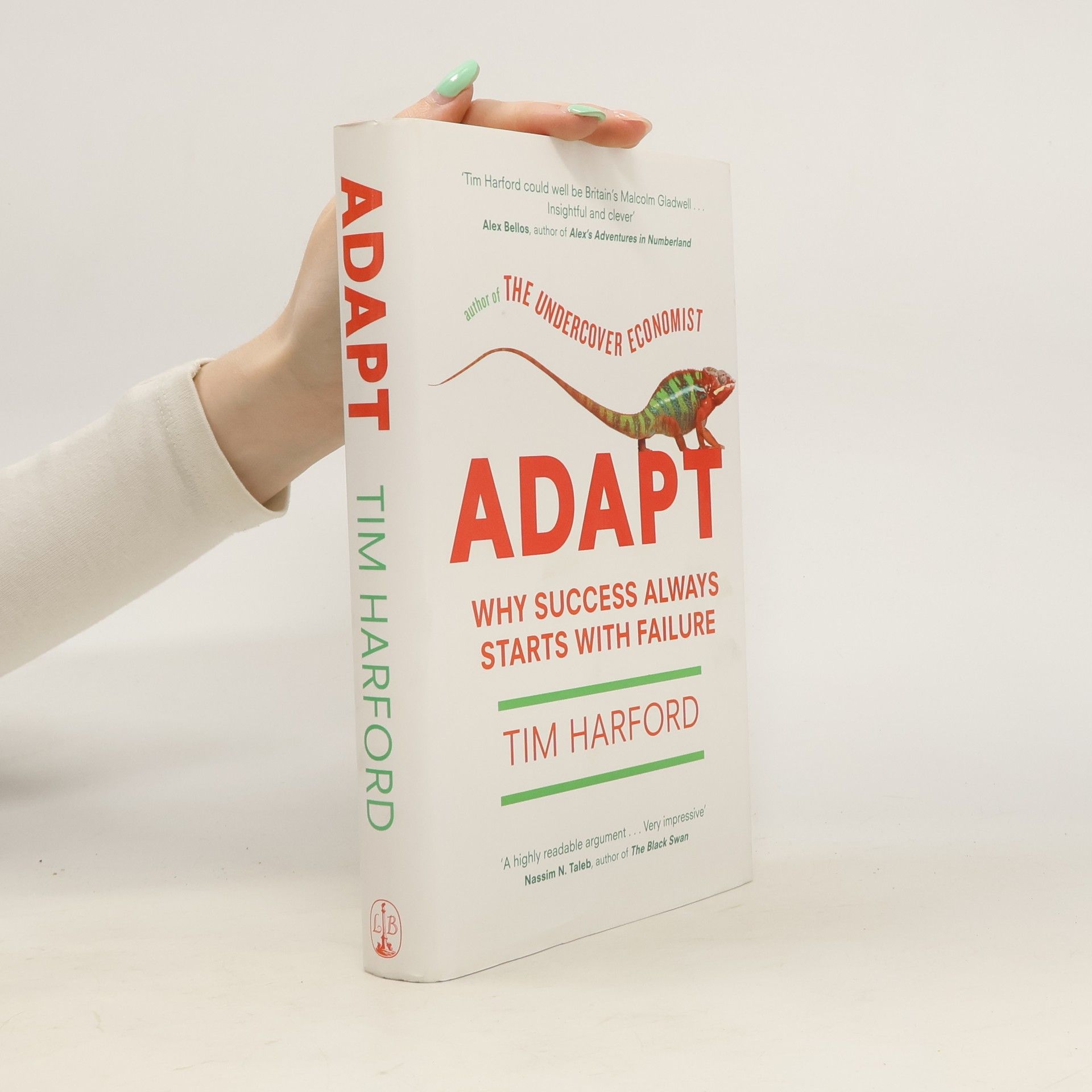How our lives are shaped not only by the choices we make, but by the choices we have. In many parts of life – jobs, housing, medical care, education, even a date on the internet – price is not the only determinant of who gets what. So how do the other processes that influence who gets which goods, jobs, university places and partners really work? In ‘Who Gets What’, Nobel Prize winning economist Alvin Roth uncovers the global rules of how markets allocate, how matchmaking shapes lives, where markets exist that we may not even realise, and how everything about our biggest experiences – from getting accepted at university or living where we want – can be better understood and negotiated when one understands the design of those matching markets. The distribution of rewards is often unfair, but it’s seldom as random as it seems, and Roth reveals just how much of our life takes place in marketplaces, and leads us to a new understanding of who gets what and why. For fans of ‘Freakonomics’ and ‘Thinking Fast and Slow’ this groundbreaking book sheds new light on the politics of free markets, and how many things that we choose in life also must choose us.
Tim Harford Livres
Tim Harford est membre du comité de rédaction du Financial Times. Sa chronique, « The Undercover Economist », révèle les idées économiques qui se cachent derrière les expériences du quotidien et est publiée dans le Financial Times ainsi qu'à l'échelle internationale. Il est le seul économiste au monde à animer une page de conseils, « Dear Economist », où les problèmes personnels des lecteurs du FT sont résolus avec humour et en appliquant les théories économiques les plus récentes.

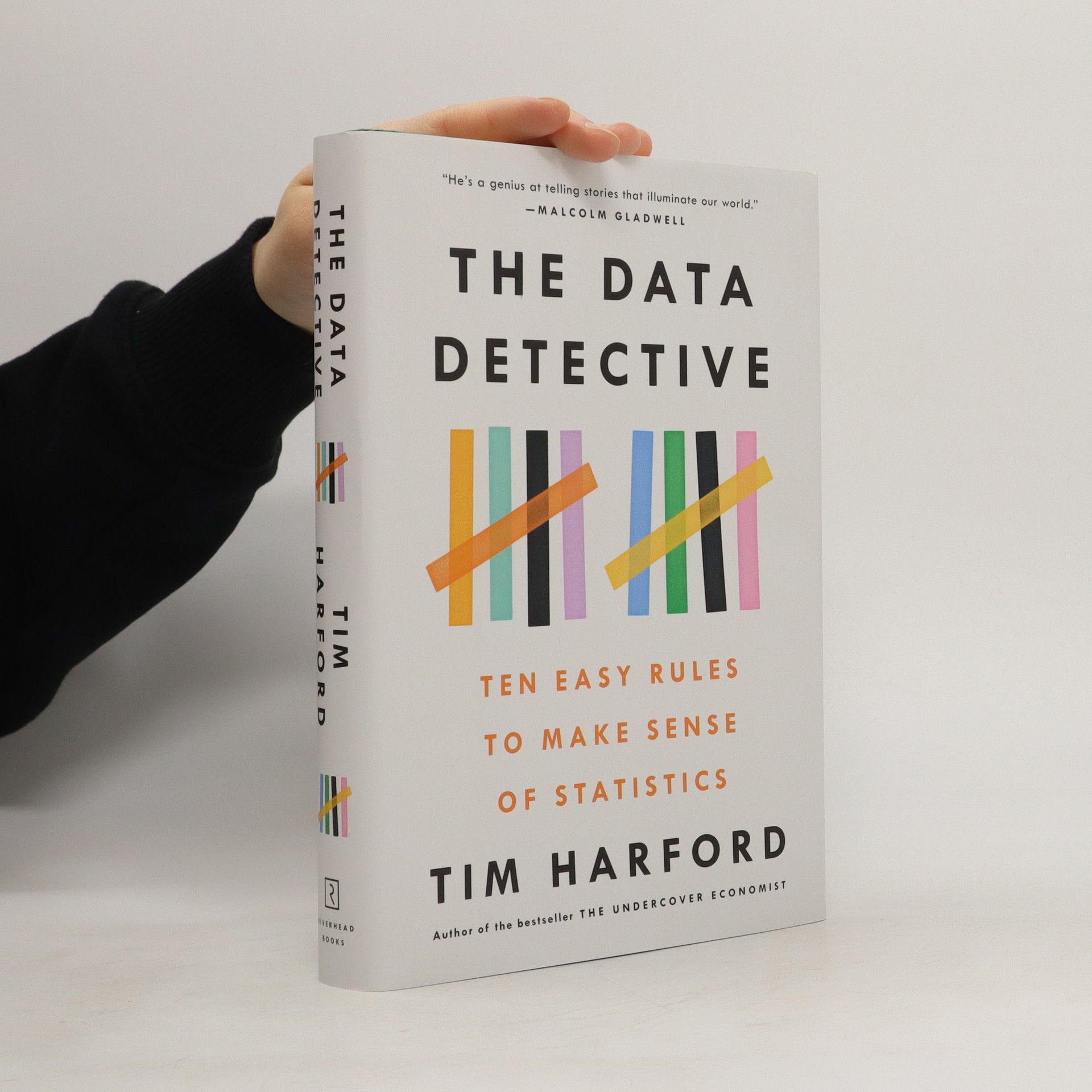
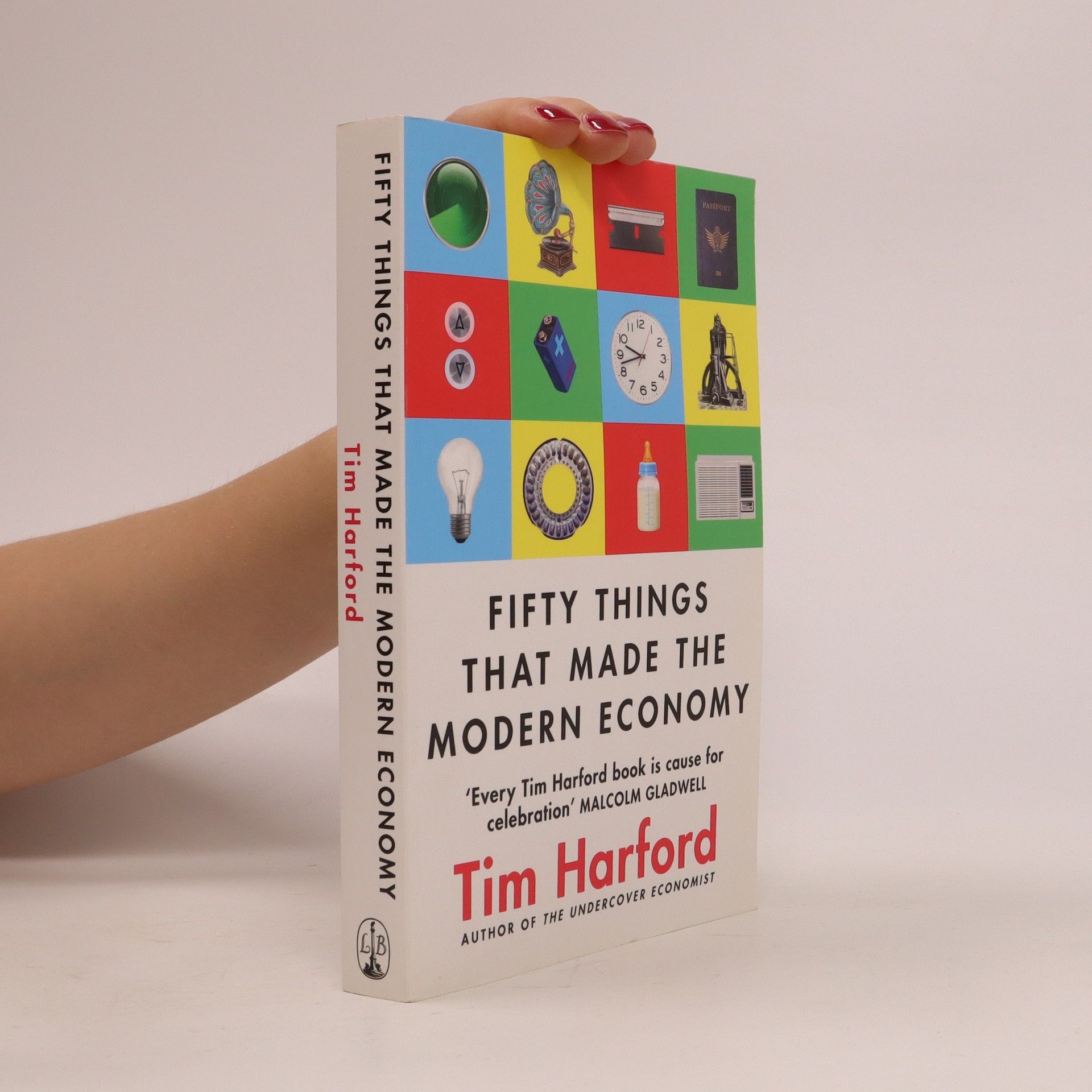

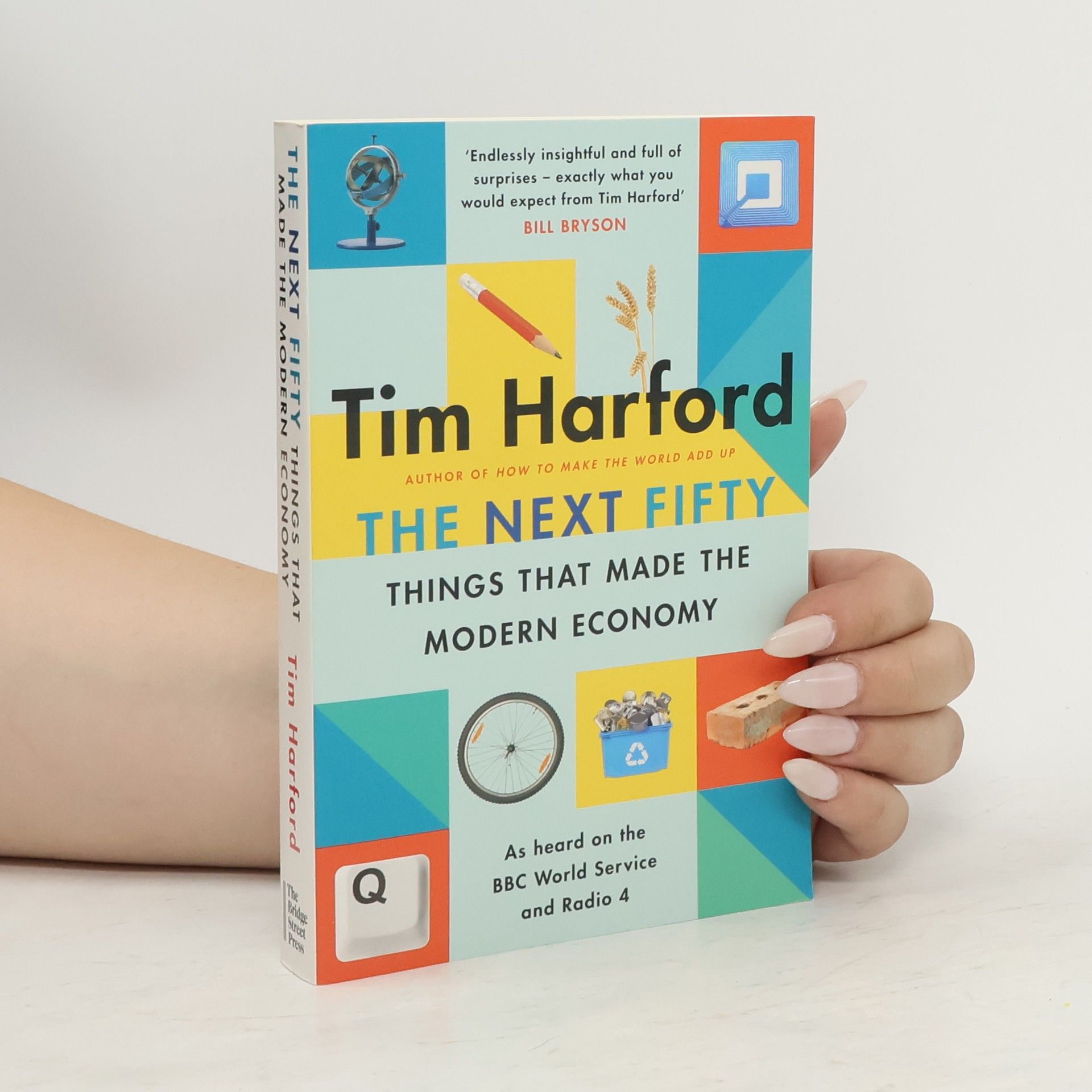
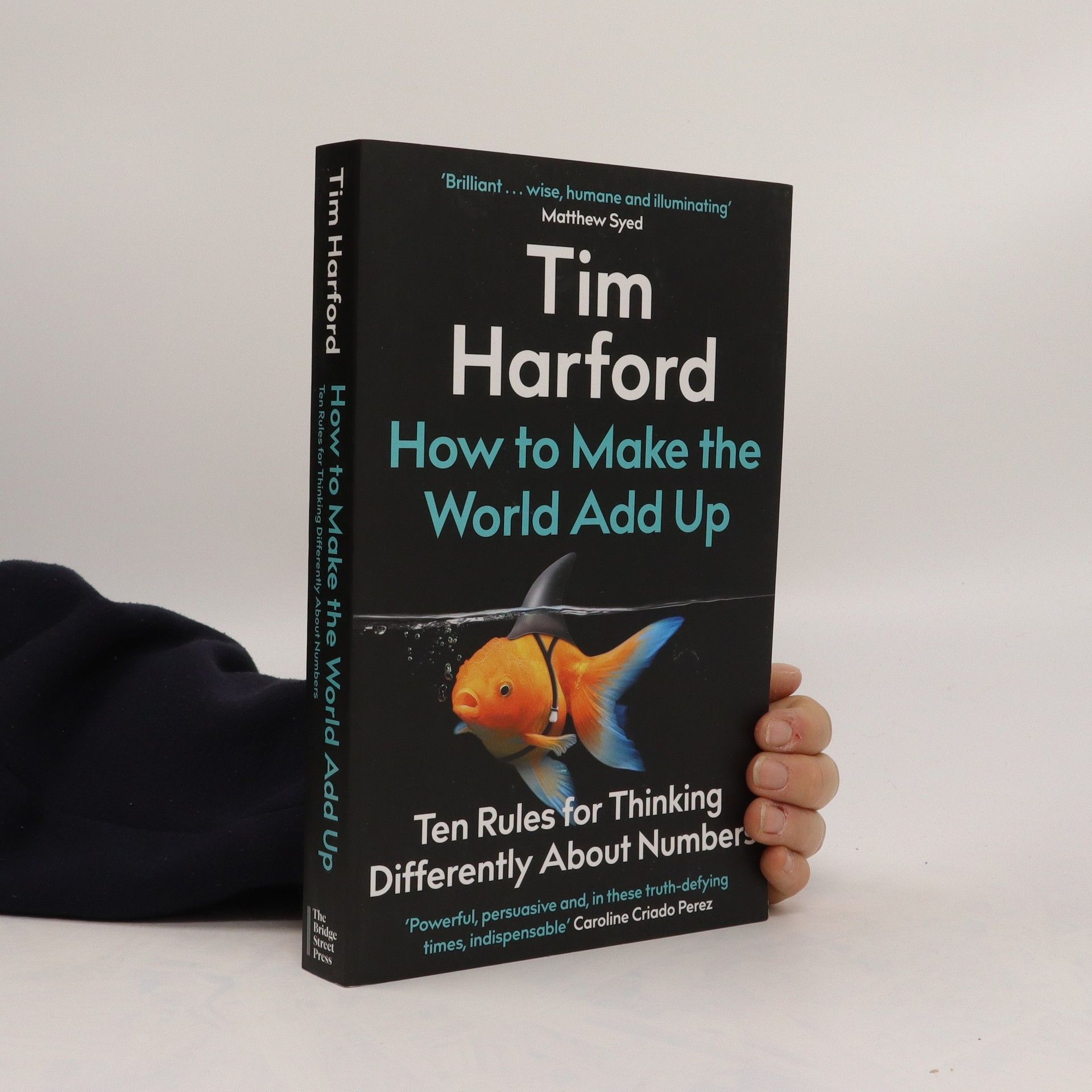

How to Make the World Add Up
- 304pages
- 11 heures de lecture
Using his trademark narrative skills, Tim Harford takes us deep into the world of statistics and shows how important and powerful they can be
The Next Fifty Things that Made the Modern Economy
- 352pages
- 13 heures de lecture
In Fifty Things that Made the Modern Economy, the revolutionary, acclaimed book, radio series and podcast, bestselling economist Tim Harford introduced us to a selection of fifty radical inventions that changed the world. Now, in this new book, Harford once again brings us an array of remarkable, memorable, curious and often unexpected 'things' - inventions that teach us lessons by turns intimate and sweeping about the complex world economy we live in today. From the brick, blockchain and the bicycle to fire, the factory and fundraising, and from solar PV and the pencil to the postage stamp, this brilliant and enlightening collection resonates, fascinates and stimulates. It is a wonderful blend of insight and inspiration from one of Britain's finest non-fiction storytellers.
The Truth Detective
- 191pages
- 7 heures de lecture
Exploring the themes of truth and perception, this book encourages readers to challenge their understanding of the world. It offers insights that promote smarter living and a fresh perspective on everyday experiences. Through its engaging narrative, readers are invited to uncover deeper truths that can transform their outlook and enhance their lives.
From the tally-stick to Bitcoin, the canal lock to the jumbo jet, each invention in Tim Harford's fascinating new book has its own curious, surprising and memorable story, a vignette against a grand backdrop. Step by step, readers will start to understand where we are, how we got here, and where we might be going next. Hidden connections will be laid bare: how the barcode undermined family corner shops; why the gramophone widened inequality; how barbed wire shaped America. We'll meet the characters who developed some of these inventions, profited from them, or were ruined by them. We'll trace the economic principles that help to explain their transformative effects. And we'll ask what lessons we can learn to make wise use of future inventions, in a world where the pace of innovation will only accelerate
The data detective : ten easy rules to make sense of statistics
- 304pages
- 11 heures de lecture
From “one of the great (greatest?) contemporary popular writers on economics” (Tyler Cowen) comes a smart, lively, and encouraging rethinking of how to use statistics .Today we think statistics are the enemy, numbers used to mislead and confuse us. That’s a mistake, Tim Harford says in The Data Detective . We shouldn’t be suspicious of statistics—we need to understand what they mean and how they can improve our they are, at heart, human behavior seen through the prism of numbers and are often “the only way of grasping much of what is going on around us.” If we can toss aside our fears and learn to approach them clearly—understanding how our own preconceptions lead us astray—statistics can point to ways we can live better and work smarter.As “perhaps the best popular economics writer in the world” ( New Statesman ), Tim Harford is an expert at taking complicated ideas and untangling them for millions of readers. In The Data Detective , he uses new research in science and psychology to set out ten strategies for using statistics to erase our biases and replace them with new ideas that use virtues like patience, curiosity, and good sense to better understand ourselves and the world. As a result, The Data Detective is a big-idea book about statistics and human behavior that is fresh, unexpected, and insightful.
A million readers bought The Undercover Economist to get the lowdown on how economics works on a small scale, in our everyday lives. Since then, economics has become big news. Crises, austerity, riots, bonuses - all are in the headlines all the time. But how does this large-scale economic world really work? What would happen if we cancelled everyone's debt? How do you create a job? Will the BRIC countries take over the world? Asking - among many other things -- what the future holds for the Euro, why the banks are still paying record bonuses and where government borrowing will take us, in The Undercover Economist Strikes Back, Tim Harford returns with his trademark clarity and wit to explain what's really going on - and what it means for us all.
Dear undercover economist
- 192pages
- 7 heures de lecture
Are there tangible benefits in flossing? Is it wrong to fake orgasms? What does the perfect online dating ad look like? Should we bother doing the ironing? Is it really impossible to buy the perfect Christmas gift? (Other than this book, of course.) Economists might not be the first people you would think of to give you advice on such diverse areas as parenting, the intricacies of etiquette or the dark arts of seduction. But for years bestselling author Tim Harford has been doing just that: answering the most challenging questions in his brilliant column, where he uses the tools of economics to give practical advice about everyday dilemmas, conundrums and concerns. From family rows and the stock market to buying socks or speed dating, you'll find within these pages a witty - and of course rational - explanation for almost everything you ever wanted to know about life.
Messy: How to be creative and resilient in a tidy-minded world
- 288pages
- 11 heures de lecture
The urge for tidiness is deeply ingrained in human nature, with many feeling threatened by chaos or ambiguity. We find comfort in systems, scripts, and categorization, which can be beneficial to a point—think of libraries, global trade, and scientific collaboration. However, the push for order has gone too far, driven by corporate and bureaucratic pressures that demand everything be labeled and neatly organized. This tidy mindset, now aided by technology, is encroaching on our personal lives, from structuring children's play to relying on algorithms for romance. Excessive tidiness can lead to rigidity and sterility, stifling creativity and responsiveness. In this exploration, Tim Harford illustrates how qualities we cherish—like resilience and innovation—thrive in messiness. He advocates for embracing disorder in various aspects of life: at home, in the workplace with cluttered desks, in creative environments, and in our approaches to business and politics. By allowing for some chaos and ambiguity, we can foster a more dynamic and productive existence. It's time to appreciate the advantages of a little mess.
* The latest book from the bestselling author of THE UNDERCOVER ECONOMIST
